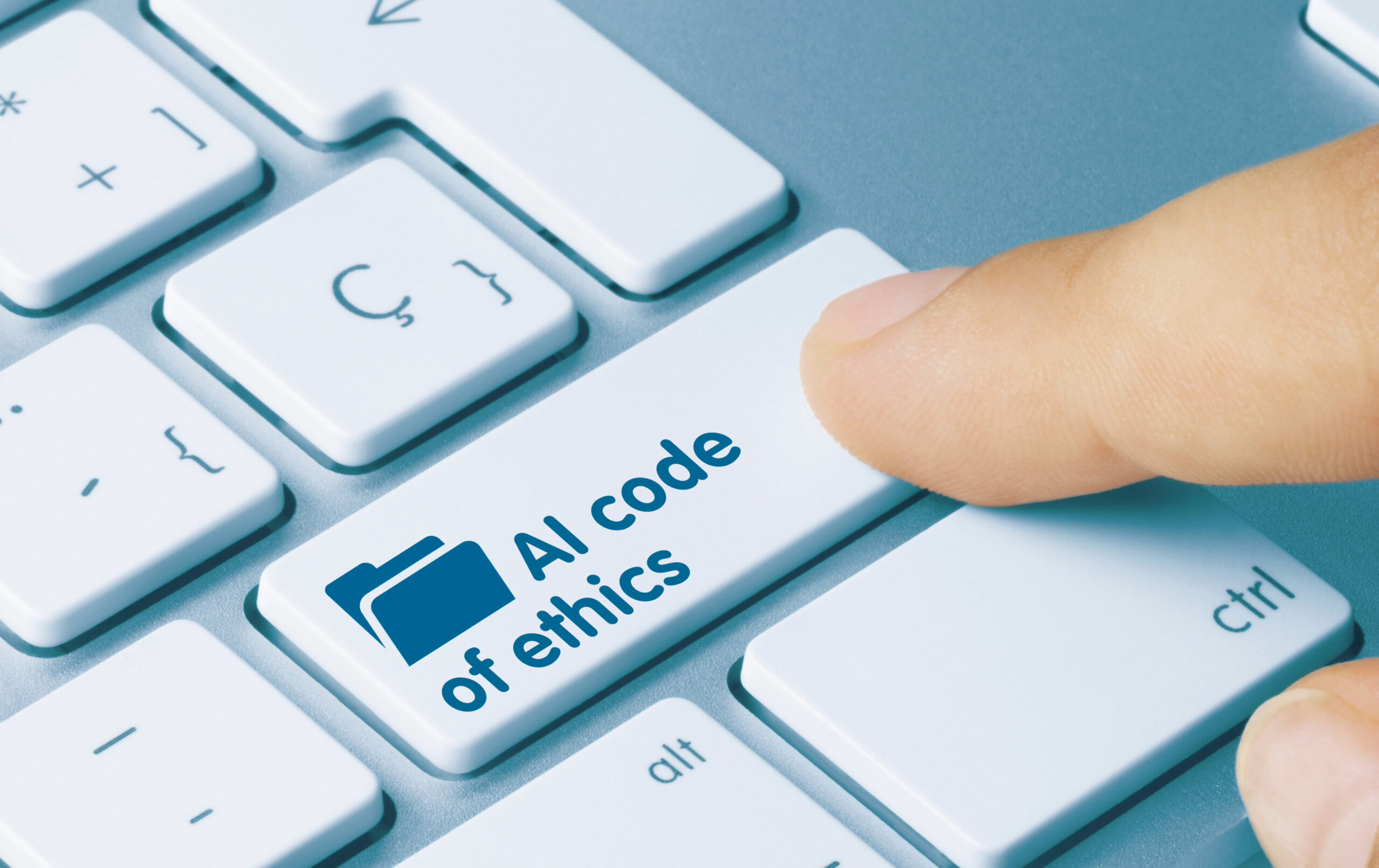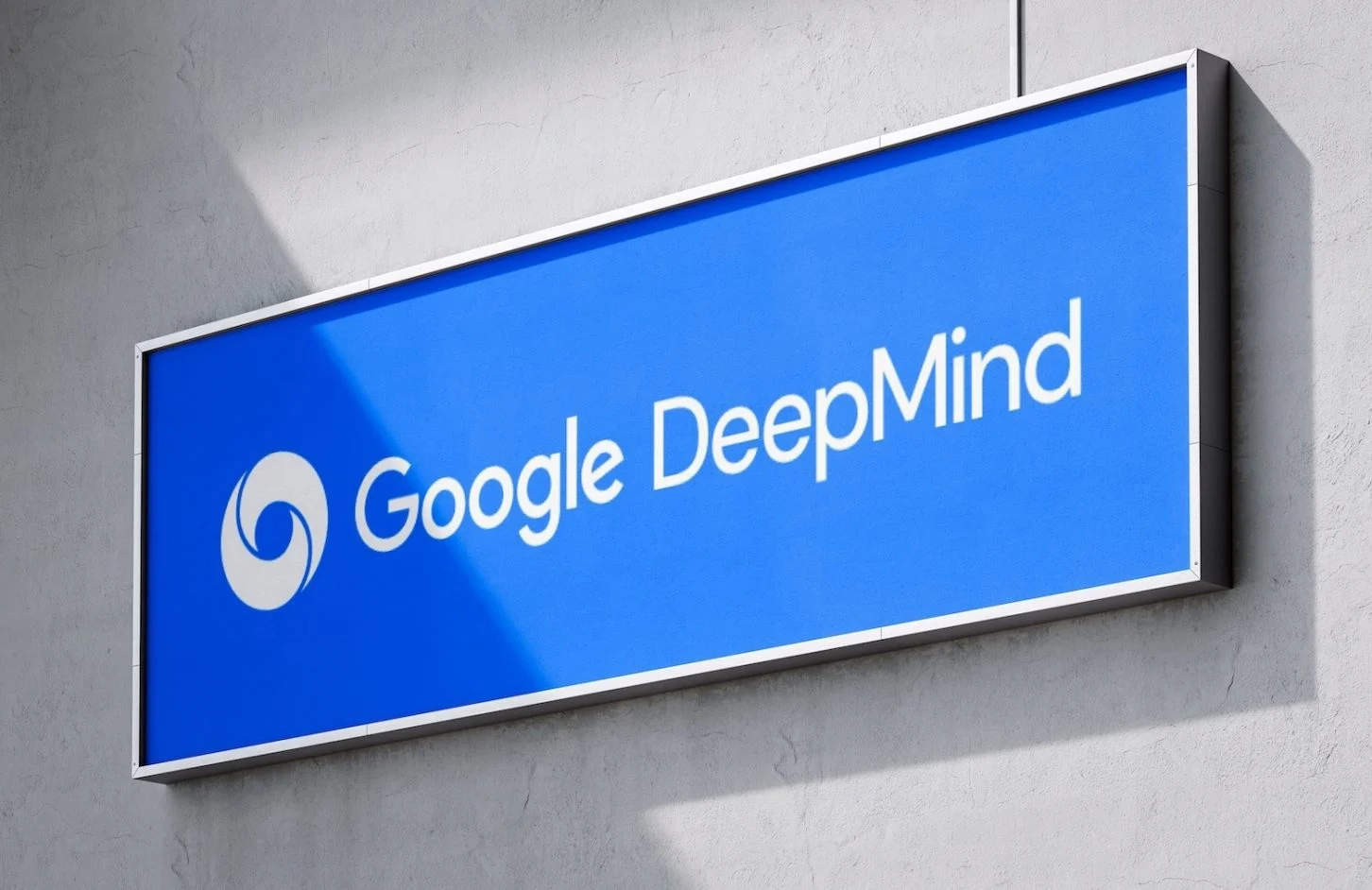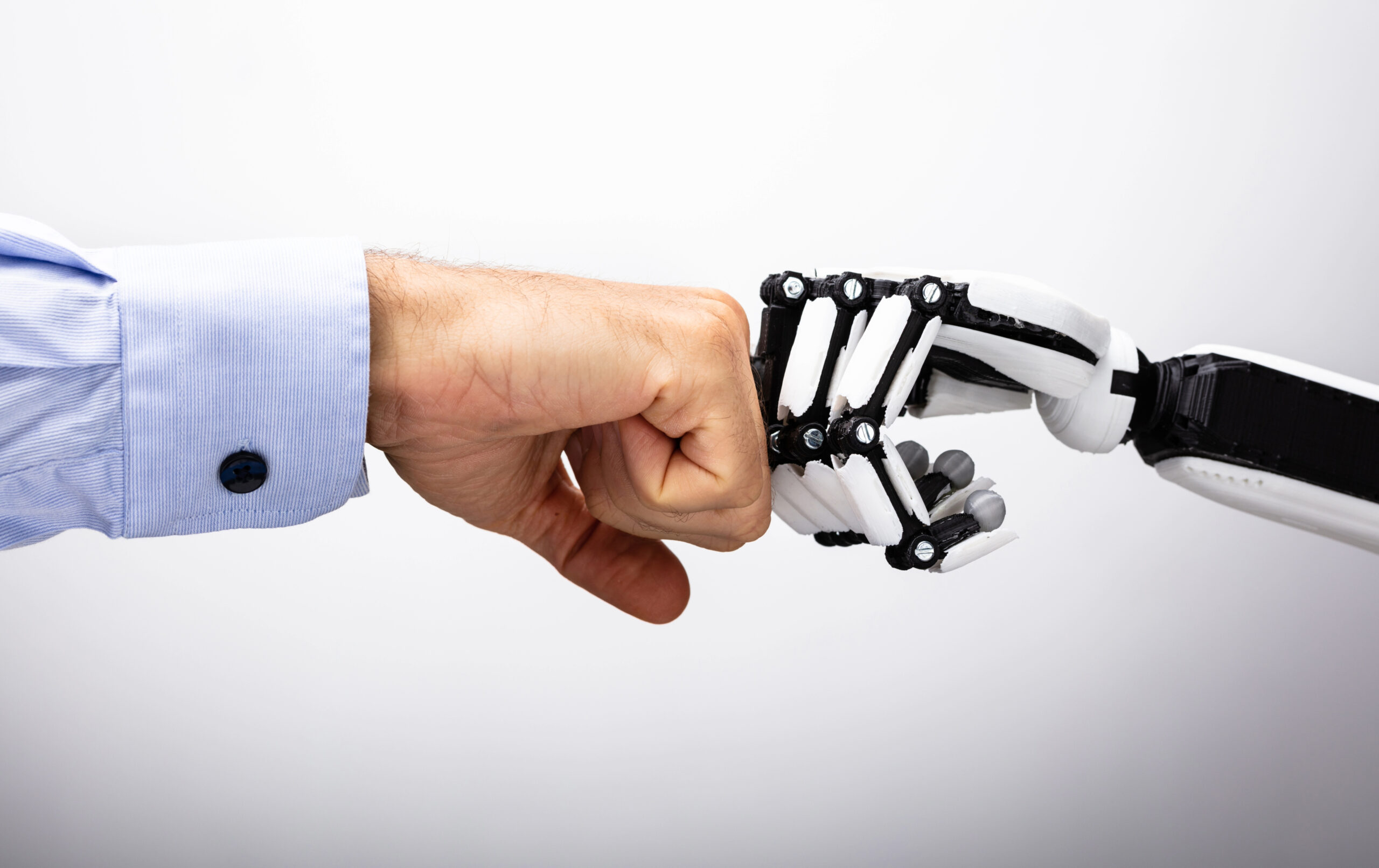Artificial Intelligence (AI) stands at the forefront of technological advancement, promising transformative development across various spheres. However, as AI continues to permeate our lives, questions about its ethical implications have become increasingly prominent.
With AI’s potential to influence decision-making, shape societal structures, and impact individual lives, there is a pressing need to establish ethical principles that guide its development and deployment.
This article delves into the importance of ethical principles in AI, exploring the AI dilemmas and solutions to overcome them. By examining the complexities of AI ethics and the necessity of ethical frameworks, we lay the groundwork for understanding how these principles can shape the future of AI technology in a responsible and beneficial manner.
What is AI?
According to IBM, Artificial intelligence is a technology that enables computers and machines to simulate human intelligence and problem-solving capabilities.
On its own or combined with other technologies such as sensors, geolocation, and robotics, AI can perform tasks that would otherwise require human intelligence or intervention. Examples of AI in our daily lives are digital assistants, GPS guidance, autonomous vehicles, and generative AI tools such as OpenAI’s ChatGPT.
In the field of computer science, AI encompasses and is often mentioned together with Machine Learning (ML) and deep learning. These disciplines involve the development of AI algorithms, modelled after the decision-making processes of the human brain, that can ‘learn’ from existing data and make progressively more accurate classifications or predictions over time.
In 2022, AI catapulted into the mainstream, largely due to the widespread adoption of Generative Pre-Training Transformer (GPT) technology. Among the most notable applications were OpenAI’s ChatGPT, which generated immense popularity and marked a turning point in the AI field.
The last time, generative AI’s breakthroughs were in computer vision, but now the leap forward is in Natural Language Processing (NLP).
At the moment, generative AI can learn and synthesise not just human language, but other data types, including images, video, software code, and even molecular structures. On top of that, the introduction of the Samsung Galaxy AI into Samsung’s smartphone lineup signifies the pervasive presence of AI in our daily lives.

The Ethical Dilemma of AI
In light of such technology, its smart assistance comes with several ethical dilemmas surrounding AI systems, too.
-
Decision-Making Capabilities
The dilemma of the AI tools’ decision-making capabilities raises a debate, especially involving autonomous vehicles. These vehicles have the potential to significantly reduce traffic accidents and fatalities by eliminating human error. However, there are ethical questions regarding decision-making in unavoidable accident scenarios.
The United Nations Educational, Scientific and Cultural Organisation (UNESCO) gives an example below:
For instance, imagine a situation where an autonomous vehicle is faced with the choice of colliding with either a pedestrian or another vehicle. How should the vehicle’s AI algorithm prioritise lives in such a scenario? Should it prioritise the safety of the vehicle occupants, pedestrians, or other drivers?
This dilemma highlights the challenge of programming AI systems to make ethically sound decisions, especially in situations where there is no clear right answer. It also underscores the need for careful consideration of ethical principles in AI development.
-
Biases
One of the most common dilemmas is bias, with stereotyping bias being particularly prevalent.
A given example is gender bias in AI-generated tools, which often sexualises females as opposed to males. It also emphasised that the stereotype bias in AI originates from stereotypical representations deeply rooted in our societies, leading to confirmation bias.
Stereotyping bias is evident, as seen in a recent controversy involving Google. The company temporarily paused the image generation function of its AI tool, Gemini, due to concerns about inaccuracies and bias. Following the Gemini controversy, Google’s parent company, Alphabet, saw a market value loss of approximately $96.9 billion by 26th February compared to last year.
Read more: The Truth About Google AI’s Gemini Bias Algorithm
-
Plagiarism Issues
The dilemma of plagiarism in real art has become an increasingly debated topic in the context of AI. Given this, it is crucial to closely consider AI’s influence on human creativity.
While AI offers significant potential for creation, it also prompts critical inquiries into the future of art, the rights and compensation of artists, and the integrity of the creative process.
For example, Jason M. Allen’s artwork, ‘Théâtre D’opéra Spatial,’ won the first prize in a contest for emerging digital artists, marking one of the first instances where an AI-generated piece received such recognition. However, this victory sparked controversy as some artists accused Allen of cheating, questioning the authenticity and integrity of AI-generated art in competitive settings.

What We Can Do for Better AI Development?
Businesses and organisations can better regulate AI through various means to ensure ethical and responsible usage. Here are some approaches:
-
Promoting Human-Centred Design
First and foremost, brands can establish comprehensive internal policies and guidelines governing the development, deployment, and use of AI technologies within their organisation. These policies should emphasise ethical considerations, transparency, accountability, and compliance with relevant regulations.
The Harvard Business Review, in an article titled ‘Bring Human Values to AI’, discusses further on this topic. According to them, embedding established principles is the top priority. In this approach, companies draw directly on the values of established moral systems and theories.
For example, the Alphabet-funded start-up Anthropic based the principles guiding its AI assistant, Claude, on the United Nations’ Universal Declaration of Human Rights.
Besides that, brands should also actively work to mitigate biases and ensure fairness in their AI systems. This may involve implementing algorithms that are designed to reduce bias, conducting regular audits of AI systems for fairness, and providing mechanisms for addressing bias-related issues.
On top of that, creating dedicated ethics committees or review boards can help brands evaluate the ethical implications of AI projects and ensure alignment with the company’s values and principles. These committees can guide ethical dilemmas and oversee the implementation of ethical AI practices.
-
Continuous Evaluation and Improvement
Brands must prioritise data privacy and security in their AI initiatives by adhering to relevant privacy regulations. Besides, brands also should implement strong security measures to protect sensitive data from unauthorised access or misuse.
Apart from that, brands must ensure compliance with legal and regulatory requirements governing AI usage. This includes data protection laws, anti-discrimination laws, and industry-specific regulations. Additionally, this may involve conducting legal reviews of AI systems and collaborating with legal experts to address compliance issues.

Further than that, brands should implement mechanisms for continuous monitoring and evaluation of AI systems to identify and address potential risks or concerns. This may involve regular audits, impact assessments, and stakeholder engagement to gather feedback and insights.
Notably, the significance of ethics committees or review boards lies in their role of ensuring thorough evaluation and progress of AI development.
Regarding Gemini, Google’s choice to halt the image generator represents a commendable decision. The company openly recognised the tool’s shortcomings in accuracy and pledged to enhance it through rigorous testing and improvements, which further emphasises the necessity for extensive testing.
-
Engaging Stakeholders and Communities
Brands can collaborate with other organisations, industry stakeholders, and regulatory bodies to establish industry standards and best practices for ethical AI development and usage. By working together, brands can help shape the regulatory landscape and promote responsible AI adoption across industries.
Beyond that, brands should invest in employee training and awareness programs, too. This is imperative to ensure that employees understand the ethical implications of AI technologies and their role in upholding ethical standards.
On the other hand, brands can engage with the public and stakeholders to foster dialogue and transparency around AI initiatives. This may involve conducting outreach activities, hosting public forums, and asking for feedback to address concerns and build trust with the community.
As an example, a team of scientists at DeepMind, an AI research lab, developed an approach where they consult customers, employees, and others to elicit AI principles and values in ways that minimise self-interested bias. Therefore, the values produced are less self-interest-driven than they otherwise would be.

Towards a Future of Responsible and Ethical AI
The establishment of ethical principles for AI development is paramount in navigating the complex landscape of AI. Additionally, as AI value alignments become not just a regulatory requirement but a product differentiator, brands must adjust development processes for their AI-enabled products and services.
By understanding good ethics, defining values, and addressing issues like bias and transparency, brands can create a solid foundation for responsible AI. Following regulations and constantly improving are key to ensuring AI benefits everyone, whilst engaging with stakeholders and communities is equally important to build trust.
AI brings major benefits in many areas, but without the ethical guardrails, it risks reproducing real-world biases and discrimination, fuelling divisions and threatening fundamental human rights and freedoms. As a society, it is imperative to uphold these principles to guide the trajectory of AI development toward a future where AI serves humanity ethically and responsibly.



